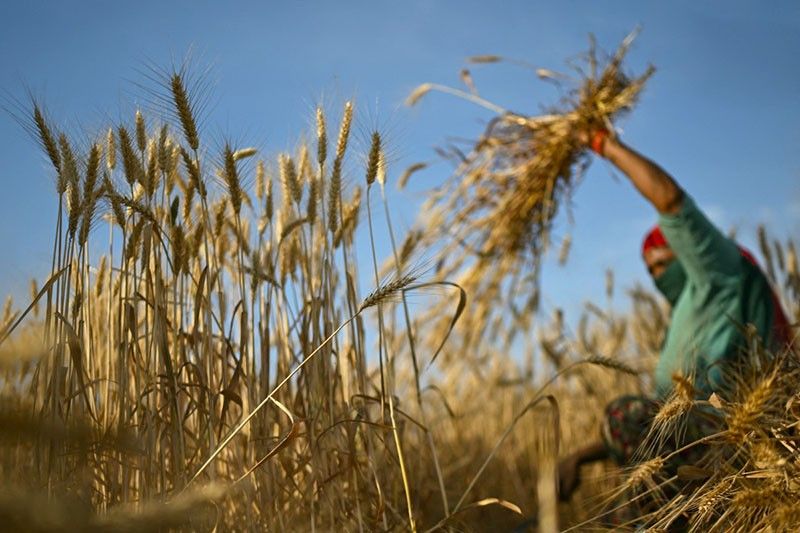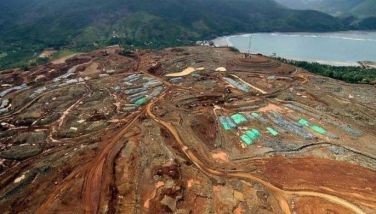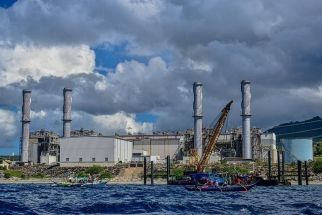Changing farming practices could cut almost one third of global emissions — World Bank

WASHINGTON, United States — Changing the way food is produced around the world could significantly reduce greenhouse gas emissions by the end of the decade, the World Bank said Monday.
The so-called agrifood industry is responsible for almost a third of all greenhouse gas emissions worldwide, the Bank said in a report.
Two-thirds of these emissions come from middle-income countries which take seven of the top 10 spots for greenhouse gas emitters worldwide -- including the top three places for China, Brazil and India respectively.
"To protect our planet, we need to transform the way we produce and consume food," the Bank's senior managing director Axel van Trotsenburg said in the forward to the report.
The Bank's report said the agrifood sector has a huge opportunity to cut almost a third of global emissions through "affordable and readily available actions," and urged countries to invest more money in tackling the problem.
The report said middle-income countries should look to make a number of changes, including moving to low-emissions livestock practices and making more sustainable use of land.
"Simply changing how middle-income countries use land, such as forests and ecosystems, for food production can cut agrifood emissions by a third by 2030," van Trotsenburg said in another statement.
To help pay for the shift to less-emitting methods, countries should consider cutting some of their wasteful agricultural subsidies, the World Bank's report said.
High-income countries like the United States -- the world's fourth-largest greenhouse gas emitter -- should do more to provide technical assistance, as well as "shifting subsidies away from high-emitting food sources," the report said.
Meanwhile, low-income countries should look to "avoid building the high-emissions infrastructure that high-income countries must now replace," it added.
- Latest


























